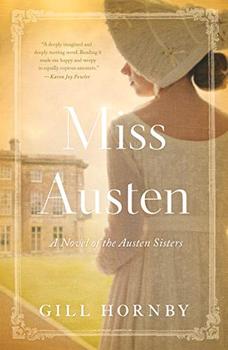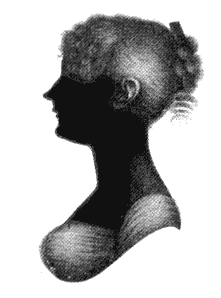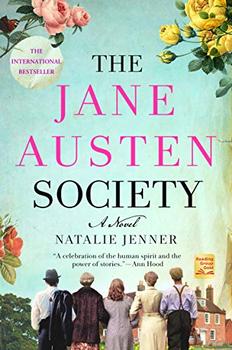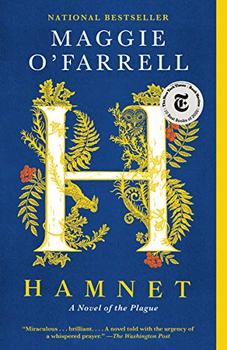Summary | Excerpt | Reading Guide | Discuss | Reviews | Beyond the book | Read-Alikes | Genres & Themes | Author Bio

For fans of Jo Baker's Longbourn, a witty, poignant novel about Cassandra Austen and her famous sister, Jane.
Whoever looked at an elderly lady and saw the young heroine she once was?
England, 1840. For the two decades following the death of her beloved sister, Jane, Cassandra Austen has lived alone, spending her days visiting friends and relations and quietly, purposefully working to preserve her sister's reputation. Now in her sixties and increasingly frail, Cassandra goes to stay with the Fowles of Kintbury, family of her long-dead fiancé, in search of a trove of Jane's letters. Dodging her hostess and a meddlesome housemaid, Cassandra eventually hunts down the letters and confronts the secrets they hold, secrets not only about Jane but about Cassandra herself. Will Cassandra bare the most private details of her life to the world, or commit her sister's legacy to the flames?
Moving back and forth between the vicarage and Cassandra's vibrant memories of her years with Jane, interwoven with Jane's brilliantly reimagined lost letters, Miss Austen is the untold story of the most important person in Jane's life. With extraordinary empathy, emotional complexity, and wit, Gill Hornby finally gives Cassandra her due, bringing to life a woman as captivating as any Austen heroine.
Though more of a supporting character in a family with some very colorful personalities, Cassandra Austen proved her love and loyalty to Jane throughout their lives and after. This book focuses on the after, and the preservation of Jane's good name, though on its own it is a delightful window into Cassandra's reimagined life (Anne M). Those familiar with Jane's novels will enjoy the prose style, reminiscent of Austen's own, which transports the reader into the life of the early 19th-century spinsters. The story has parallels to Austen's novels, perhaps especially Persuasion. Highly recommended for Austen lovers (Rebecca H)!..continued
Full Review
 (640 words)
(640 words)
(Reviewed by First Impressions Reviewers).
 Gill Hornby's novel Miss Austen explores Jane Austen's life through the point of view of her beloved older sister, Cassandra. Cassandra is thought to have been Jane's closest companion and confidante. The two were inseparable to the extent that their mother reportedly once commented, "If Cassandra's head had been going to be cut off, Jane would have hers cut off too." While Cassandra clearly had interests and a life of her own, her relationship with her now-famous sister was of great importance to her, and she had a significant influence on Jane's work and legacy.
Gill Hornby's novel Miss Austen explores Jane Austen's life through the point of view of her beloved older sister, Cassandra. Cassandra is thought to have been Jane's closest companion and confidante. The two were inseparable to the extent that their mother reportedly once commented, "If Cassandra's head had been going to be cut off, Jane would have hers cut off too." While Cassandra clearly had interests and a life of her own, her relationship with her now-famous sister was of great importance to her, and she had a significant influence on Jane's work and legacy.
Cassandra Elizabeth Austen was born on January 9, 1773 to Reverend George Austen and Mrs. Cassandra Leigh Austen. Her sister Jane was born two years later, and the ...

If you liked Miss Austen, try these:

by Natalie Jenner
Published 2021
Just after the Second World War, in the small English village of Chawton, an unusual but like-minded group of people band together to attempt something remarkable.

by Maggie O'Farrell
Published 2021
"Of all the stories that argue and speculate about Shakespeare's life … here is a novel … so gorgeously written that it transports you." —The Boston Globe